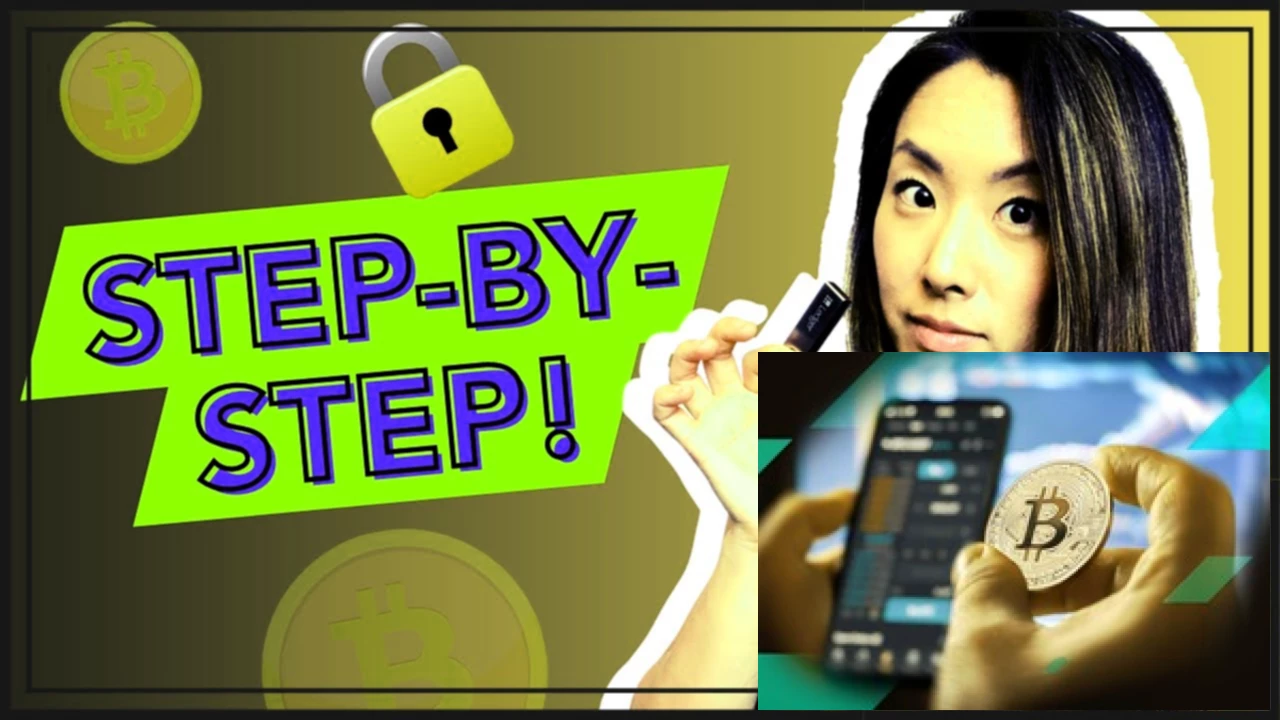Over 80% of cryptocurrency investors have experienced some form of security breach or scam. This shocking statistic highlights the critical need for education and caution in the world of digital currencies. This beginner's guide will equip you with the knowledge to navigate the crypto landscape safely and confidently. Learn how to protect yourself from scams and build a secure foundation for your crypto journey.
So, you're interested in Bitcoin, the revolutionary digital currency? But the complexity can feel overwhelming, particularly for non-tech users. It's natural to feel apprehensive about investing in something you don't fully understand. Let's demystify the process and empower you to make informed decisions.
Understanding Crypto Basics
- What is Bitcoin? Bitcoin is a decentralized digital currency, meaning it's not controlled by any single entity like a bank.
- Blockchain Technology: Bitcoin transactions are recorded on a public, distributed ledger called a blockchain, ensuring transparency and security.
- Crypto Wallets: These are digital storage solutions for your cryptocurrencies, similar to bank accounts.
- Crypto Exchanges: Platforms where you can buy, sell, and trade cryptocurrencies.
Choosing the right platform for your crypto journey is crucial. How do you decide between a crypto wallet and an exchange? The best approach often depends on your needs and experience level. Let's compare them:
Crypto Wallet vs. Exchange: A Comparison
| Feature | Crypto Wallet | Crypto Exchange |
|---|---|---|
| Security | Generally higher, as you control your private keys | Vulnerable to hacking and security breaches |
| Convenience | Less convenient for trading | More convenient for buying, selling and trading |
| Fees | Lower transaction fees | Higher trading fees |
Security is paramount when dealing with cryptocurrencies. Just like you wouldn't leave your cash lying around, you need to protect your digital assets diligently. But how do you actually *do* that? What are the specific measures that will significantly decrease your chances of falling victim to a scam?
Avoiding Crypto Scams
One common analogy is comparing cryptocurrency security to physical security. Would you leave your house unlocked? Of course not. Similarly, you need to take proactive steps to secure your digital assets.
- Use strong, unique passwords for all your accounts.
- Enable two-factor authentication (2FA) wherever possible.
- Be wary of unsolicited investment opportunities or promises of guaranteed returns.
- Only use reputable exchanges and wallets.
How to Buy Bitcoin Safely
Buying Bitcoin safely involves several steps. Firstly, choose a reputable exchange. Next, verify your identity. Then, fund your account using a secure method. Finally, place your order and store your Bitcoin securely in a wallet.
Remember, the cryptocurrency landscape is constantly evolving. Staying informed is crucial to navigating this space successfully. Consider it an ongoing learning process, not a one-time endeavor. Never invest more than you can afford to lose.
Here’s what one seasoned investor once said:
"Treat your cryptocurrency investments like you treat your most precious possessions. Research, secure, and never rush into decisions."
Frequently Asked Questions
- Q: What's the best crypto wallet? A: There's no single "best" wallet; the ideal choice depends on your needs and technical expertise.
- Q: How can I spot a crypto scam? A: Be wary of promises of unrealistic returns, high-pressure sales tactics, and requests for personal information.
- Q: Is Bitcoin safe? A: Bitcoin's security is based on its decentralized nature and blockchain technology; however, user error and scams remain risks.
- Q: Can I lose all my money investing in crypto? A: Yes, investing in cryptocurrencies carries significant risk, and it's possible to lose all of your invested capital.
- Q: How do I choose a crypto exchange? A: Look for regulated exchanges with strong security features, positive user reviews, and a user-friendly interface.

